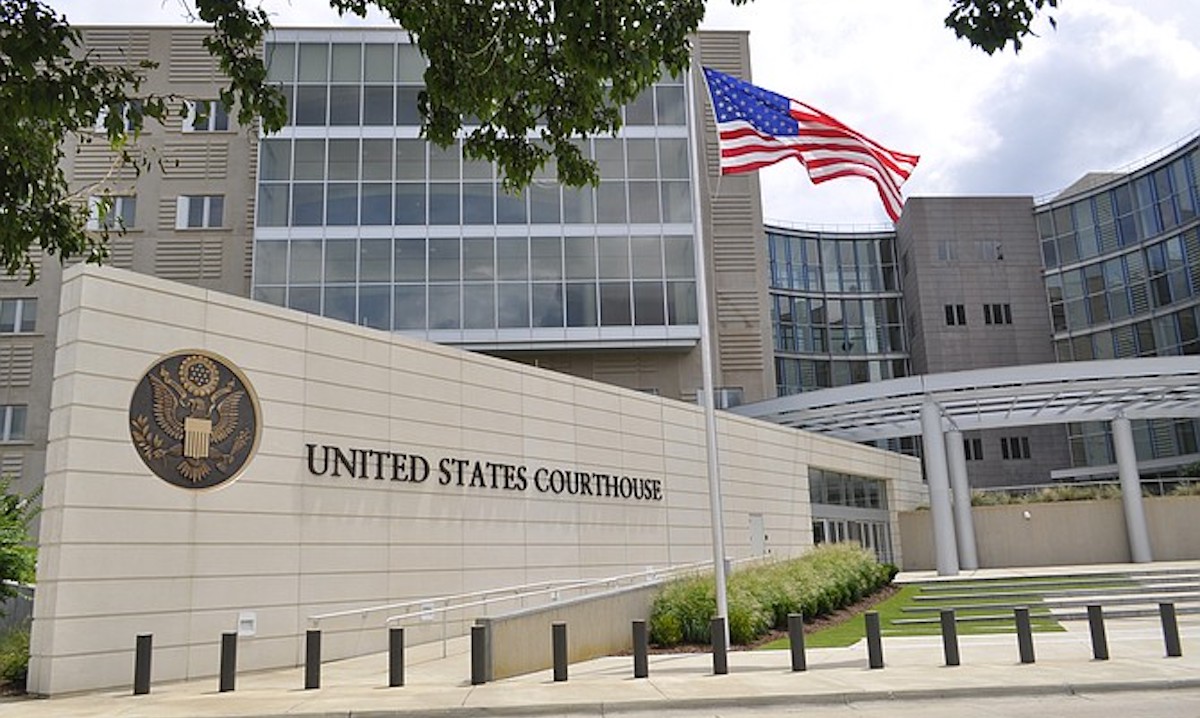As an organization, we were struck that Judge Reeves began his ruling with the words of Melody Worsham and that it was her words that allowed him to find clarity. He seemed to sense that meaningful reform must start with and be guided by people with lived experience with mental illness and their families. We agree. His ruling began with the italicized words below:
Melody Worsham has a unique perspective on Mississippi’s mental health system. She knows the system as a patient because she has struggled with serious mental illness (SMI) throughout her life. But she also knows it as a professional, in her job as a certified peer support specialist. That means Ms. Worsham is trained to help other persons with SMI “overcome the obstacles that might be getting in their way of living the life they want to live. And also navigating the system, helping to find resources, and then just being moral support, you know, just being there for somebody.”
Ms. Worsham was one of dozens of witnesses who testified in this case about whether Mississippi unnecessarily institutionalizes persons with SMI. The trial record spans four weeks of testimony, thousands of pages of exhibits, and voluminous legal briefs by both sides, and still does not begin to reflect the enormity of Mississippi’s mental health system. One would be forgiven for throwing their hands up in exasperation at the complexity of the situation.
Yet we reached a moment of lucidity when Ms. Worsham was cross‐examined by one of the State’s attorneys. Ms. Worsham readily testified that the State was acting in good faith. “I think the people that I have worked with at the Department of Mental Health really want to see this change. I really do.” But Ms. Worsham could not agree that the State was making a “major effort” to expand community‐based services throughout Mississippi: It’s like they stop right at that point to do the very thing that actually would make a difference. They stop. So there is a lot of talk, there is a lot of planning, but there is also a lot of people being hurt in the process.
The Court fully agrees with Ms. Worsham.
On February 25, 2020, Judge Reeves issued an order appointing Dr. Michael Hogan to be Special Master in the case. A Special Master works with the two sides to craft a remedy to address the issues identified in the lawsuit. There has been little public activity in the case since then, other than one status conference in which Dr. Hogan asked to be able to speak to a wider array of stakeholders and the State objected. This blog post contains links and information about that status conference.
Another virtual status conference is scheduled for October 2, 2020, at 9 a.m. Information about it being open to the public has not been posted. We will share any information that becomes available to us. For those of you who have access to PACER and would like to follow this case, its number is 3:16-cv-00622-CWR-FKB.


Pingback: Status Conference in Mental Health Lawsuit - Families as Allies
Pingback: Coordinator of Mental Health Accessibility Releases Second Quarterly Report - Families as Allies